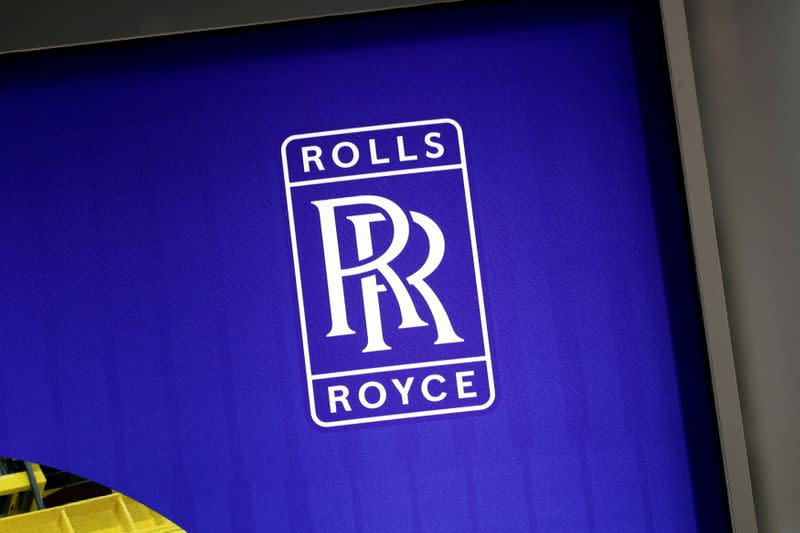Rolls-Royce has secured significant funding from the UK Government and foreign private investors to develop small nuclear reactors to generate cleaner energy. An important development for this country and worldwide is when we all are talking about climate change at COP26 in Glasgow.
The venture has been backed by a consortium of partnerships with investors BNF Resources and US generator Exelon Generation with a joint investment of £195m and the UK Government, funding £210m to help roll out the reactors over the next three years.
The Government funding is part of the £385m Advanced Nuclear Fund, announced in the chancellors budget last year, as part of the “10-point plan” to dramatically reduce greenhouse gas emissions to reach a net-zero target by 2050.
The funding announced will help Rolls-Royce identify 16 SMRs sites across the north of the UK as part of the Government’s “levelling up” plan.
The reactors will be manufactured, transported, and assembled quickly and cheaply rather than building large scale reactors. Rolls-Royce aims to have its first plant up and running in the “early 2030s.”
Each reactor is said to have a capacity of 470 megawatts (MW), enough to power 1.3m homes, based on average household usage. With gas prices soaring and a low wind year, nuclear can play its part alongside other renewable energy to power the UK.
The reactors offer a huge milestone that will play a significant role in helping the country transition to a greener economy within the next decade and a secure energy system overall.
It can support both on-grid electricity and off-grid energy solutions, enabling this country to decarbonise fossil fuels’ processes and production and supply a range of clean energy, such as wind power and green hydrogen.
Warren East, the Rolls-Royce CEO, commented: “The SMR programme is one of the ways that Rolls-Royce is meeting the need to ensure the UK continues to develop innovative ways to tackle the global threat of climate change. The initiative could create up to 40,000 jobs in the domestic SMR sector, with 80% of the supply chain for UK projects based in Britain and discussions with overseas governments about future projects by 2050.
It is a big leap in the right direction for the group since the firm suffered huge financial losses due to aviation and air travel sector demand being hammered by the coronavirus outbreak. Ever since Rolls-Royce has been trying to repair its balance sheet, and this announcement sent the shares upwards from 3.4p to 145p, a 2.6% rise in value.
Kwasi Kwarteng, the business and energy secretary, said they presented, “Small Modular Reactors offer exciting opportunities to cut costs and build more quickly, ensuring we can bring clean electricity to people’s homes and cut our already-dwindling use of volatile fossil fuels even further. In working with Rolls-Royce, we are proud to back the largest engineering collaboration the UK has ever seen – uniting some of the most respected and innovative organisations on the planet”.
“This is a once in a lifetime opportunity for the UK to deploy more low carbon energy than ever before and ensure greater energy independence”, he added.
Discussions will continue between the group and the UK Government that could enable long-term investment in the technology. It sees enormous potential through direct sales and licensing within a global SMRs market.
Source Link
10 point plan – https://www.ukri.org/news/uk-government-invests-215-million-into-small-nuclear-reactors/
Warren East – https://www.rolls-royce.com/media/press-releases/2021/08-11-2021-rr-announces-funding-secured-for-small-modular-reactors.aspx

